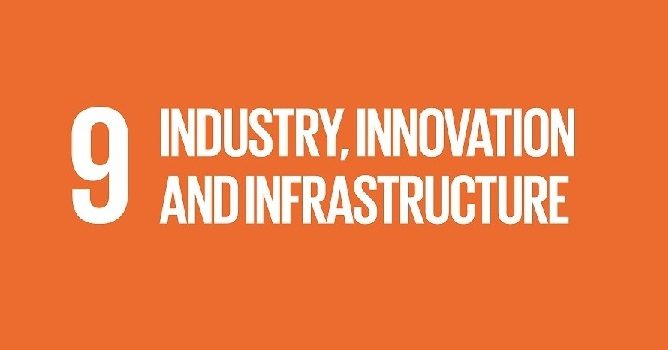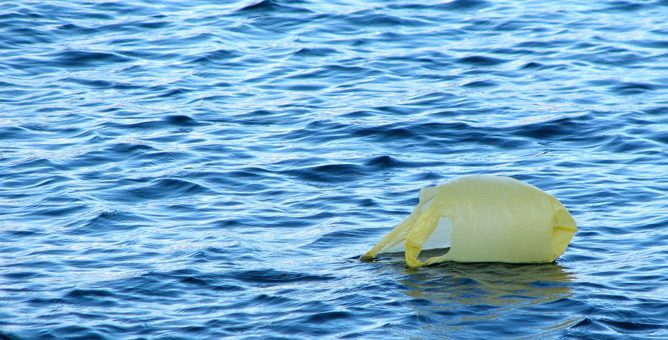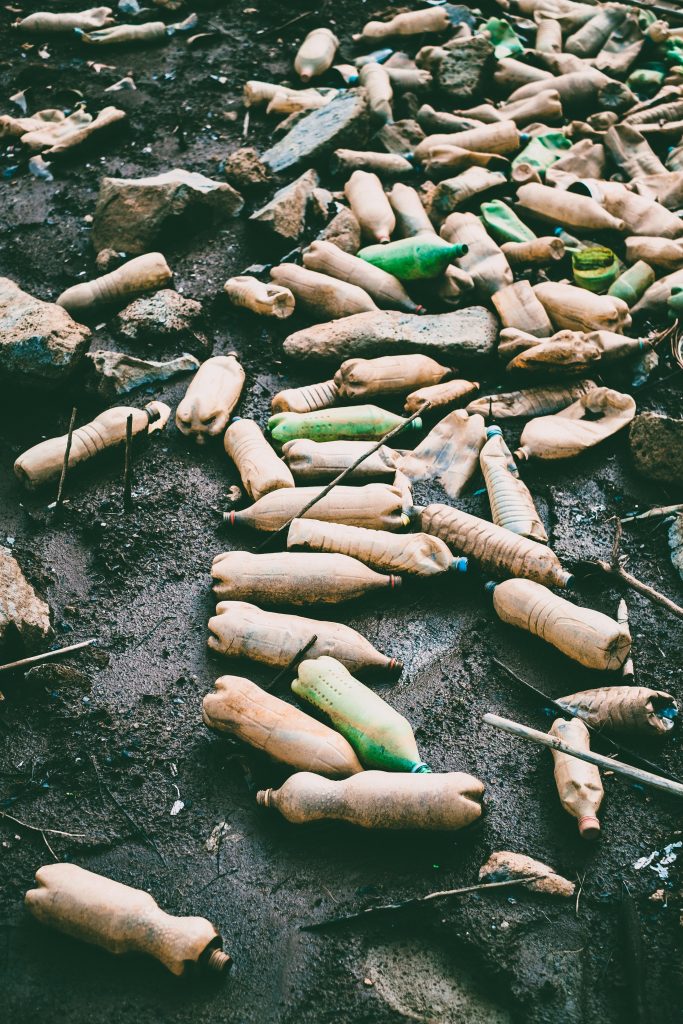Guest post: This post was contributed by Lee Sadd, a senior trainer at Kent health & safety consultant and training provider SAMS Ltd, based in Ramsgate. SAMS is a leading provider of environmental safety courses, and offers a range of classroom and online courses, business advisory services and event management solutions.
—————————————————————————————————————————————————————-
Our environment is being placed under increasing pressure by human activity, and businesses everywhere are becoming more aware of the need to adopt sustainable and environmentally-friendly practises.
With no fewer than 116 sites considered to be of national and international importance for conservation, and with 350 miles of coastline, the county of Kent has a lot to preserve. Over the last five years alone, there has been an incredible 719% increase in the amount of renewable energy generated in the county, while 13,000 electric cars have been registered since 2016. Kent now also has around 56,000 people employed in the low carbon environmental goods and services sector.
With environmental impacts on business now thought to be costing the global economy around $4.7tn every year, businesses across Kent are investing in ways to minimise environmental impacts around the use of energy, carbon, waste, water pollution and emergency planning. The ingenuity of local businesses both large and small could have a tangible effect on the world and the local environment, both through new breakthroughs and cumulative changes.
Small and Medium-Sized Businesses
There are many steps a small or medium-sized enterprise (SMEs) might take to reduce its overall environmental impact. Easy gains include using less paper, introducing recycling bins throughout the workplace, and working with fellow green-minded businesses. These can be complemented by other impact-reducing ideas, from energy-saving LED lighting to more sustainable heating-systems.
These will not only reduce your business’ environmental impact, but also bring down costs through more efficient resource management. And while larger businesses can adopt many of the same simple strategies to reduce environmental impact, SMEs may also be eligible for a grant to reduce their carbon footprint.
Low Carbon Across the South East (LoCASE) is a programme that provides support and grants to SMEs in South East England for low carbon initiatives. Many Kent SMEs have already benefited from LoCASE grants, including Winterdale Cheesemakers – a well-established and award-winning manufacturer of Kentish Cheese.
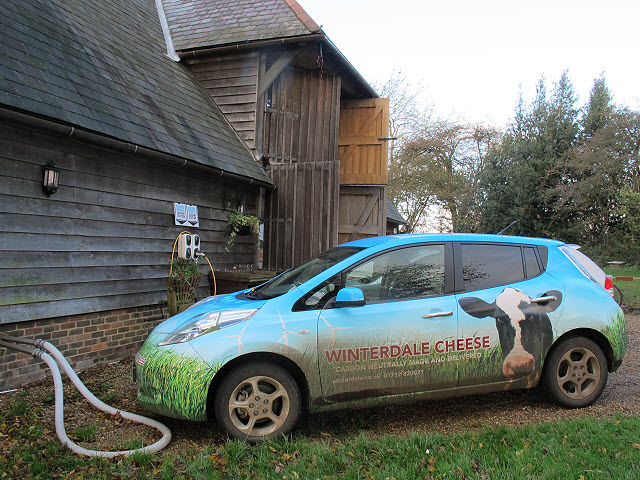
With funding from LoCase, Winterdale introduced solar panels and invested in an electric vehicle for deliveries. The company now aims to completely operate from renewable sources, saving a remarkable 6.5 tonnes of CO2 and over £2,500 in energy spend. LoCASE has also given grants to a range of other SMEs to help reduce their energy use and environmental impact.
Low Carbon Kent, a network of businesses dedicated to reducing environmental impact both locally and globally, is another body set up with Kent SMEs in mind. One organisation that was recently able to benefit from its funding and advice is also amongst the most important historical site in Kent – Canterbury Cathedral. Part of its roof is now covered in a new solar panel system, which over its lifespan will offset 152,000 kg CO2 and save an estimated £101,567.
Big Businesses
The bigger the business, the bigger its environmental impact is likely to be – and Kent punches above its weight when it comes to contributing to the overall UK economy. Despite its relatively small population of 1.7 million, Kent produces somewhere in the region of £18bn worth of goods and services, and is home to some of the largest and most well-known companies in the UK. Kent’s businesses cover an amazingly diverse array of industry sectors, from tourism to pharmaceuticals.
Kent is also (and rightly) famous for its beer. Faversham’s Shepherd Neame Brewery, which makes favourites like Spitfire and Orchard Brew, has a history stretching back to at least 1698 – and may be even older than that. Despite its age, Shepherd Neame has been remarkably proactive in taking steps to reduce its environmental impact on the local area. 97% of the grain and hops used in the brewing process are now recycled as feed for farm animals,. In 2013 the company invested £3 million in a new Water Recovery Plant, which allows it to recycle the waste water that results from brewing and cleaning, bringing down water consumption by 40%.

By introducing a new heating system, the company was also able to generate impressive energy savings. Other players in the industry have also taken similar steps. J.D. Wetherspoons boasts many pubs in Kent, including the Royal Victoria Pavilion in Ramsgate, which may be the largest pub in Europe. Wetherspoons has also now stopped using plastic straws in its premises – a move that will have benefits for the environment in Kent, particularly around its seaside pubs and bars.
Kent is also home to the first sustainable business park in the UK – Betteshanger Park, in Deal. This £40 million park combines business, ecotourism, and research and development, providing a site for low carbon and sustainable companies involved in food security, environmental technology, life sciences (including agri-tech) and green technologies. Through its proposed Education Centre, Betteshanger Park will also provide up to around 500 traineeships in green technologies, improving the presence of environmentally-friendly businesses in Kent and the U.K. more widely.
More exciting news includes the fact that Kent is soon to be the site of the largest solar power plant in the UK. Cleve Hill solar farm will occupy the north coast of Kent and, when built, will provide up to 350 MW of generating capacity. Kent already has an impressive green energy profile, with the Thanet Offshore Windfarm – at the time of commissioning the largest wind farm in the world – producing over 7m hours of electricity since being officially commissioned in 2005. Kent may soon become the home of renewable energy, sustainable energy and eco-businesses in the U.K.
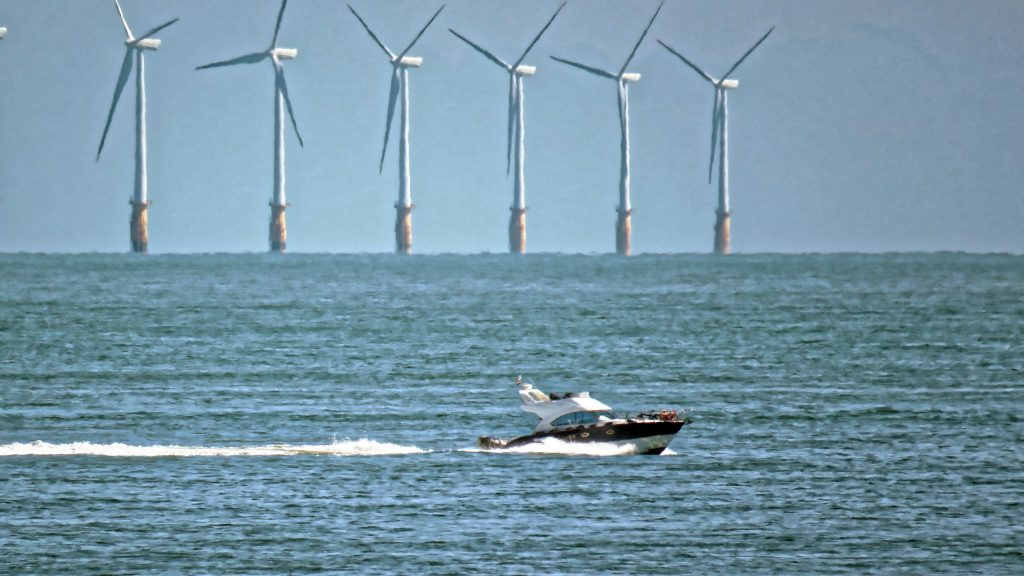
There is always more that all of us – businesses and citizens – can do to be greener. But Kent has already done plenty to trial and innovate business practises that reduce impacts on the local environment, and create a better future for us all.

